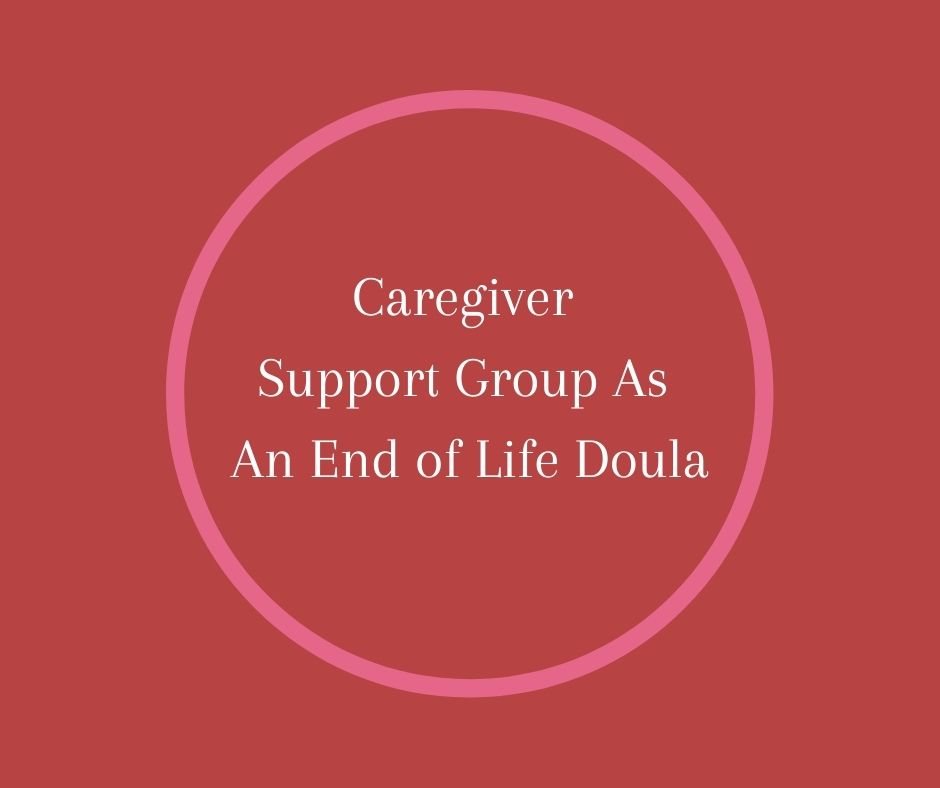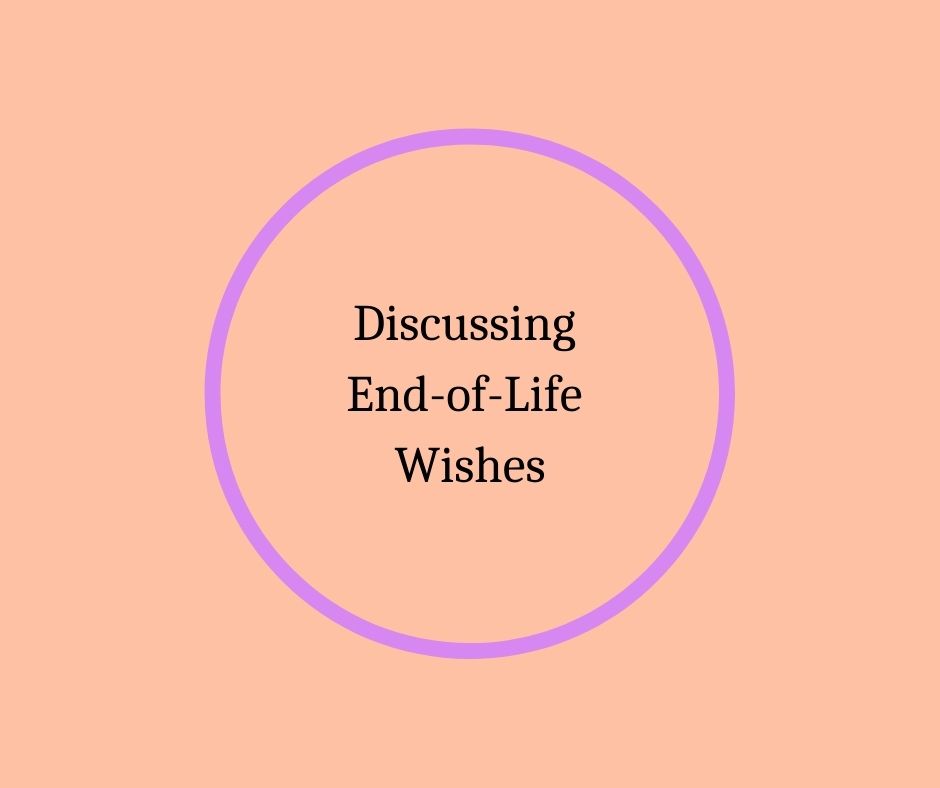Someone recently pointed out to me that I seemed overly critical of hospice in an interview on a podcast, that I was “turning my back on hospice.” I want to clarify my thoughts about hospice in today’s environment.
Yes, I talk about how understaffed and overworked the existing staff is in many hospices. I am critical of medicare’s increasing control through endless and often pointless regulations. Regulations that have become more and more time consuming and labor intensive. It seems that meeting regulations has become more important and taken priority over actually providing comprehensive patient care.
When you have one cup and 2/3 of that cup is filled with regulations you are left with only 1/3 of the cup for patient care—a cup only holds a cup no matter how much you want to put in it.
Staff is being forced to see more patients but using the cup analogy there are only so many hours in the working day so the result of more patients per nurse or social worker means less time spent with those very patients we are meant to serve. Primary care nursing (the same nurse with the patient and family vs a different nurse each visit) is also becoming more scarce in the service provided.
All of this profoundly affects the emotional state of staff who, for most, working with end of life is a heart driven choice; who, for most, end of life work is more than a job but a calling!
Back to “turning my back on hospice:” I haven't "turned my back on hospice." I love hospice and all it does and stands for. I was one of the pioneers in the late 1970 and early '80s. I helped bring the hospice philosophy to fruition, nurtured it, helped it grow. What you heard is my frustration with the regulations that are strangling it, with the corporations that are abusing it. I am using my voice not to criticize the dedicated nurses, social workers, nurses aids, chaplains and volunteers that work tirelessly for this noble cause but to bring attention to the conditions they are being asked to work within.
I am a voice asking for better. In asking for better I have to point out what needs to be addressed. Just as I asked the medical community in the '70s and '80s to provide better care for the dying, I am asking hospices today to see the changes that are occurring and to do better.
I am grieving my hospice vision. I am grieving that original idea that has changed over the last 50 years. That grief and sadness is showing itself in frustration.
Something More about... I Love Hospice and All It Does
I hope that agencies provide training for their staff and education for their patients and families. For instance, Gone From My Sight (aka: the little hospice blue book) helps staff support their families. There is something about giving a caregiver the blue book, showing them where Mom is in the dying process and that caregiver going back to the booklet at 3 am, when the goblins come out, and re-reading what they had read with their hospice nurse. The knowledge of what is supposed to happen, and the support they feel makes their satisfaction go up. And CAHPS scores rise. Using NEW RULES for End of Life Care as a marketing tool as well as a teaching tool for new nurses is worth every penny.








28 comments